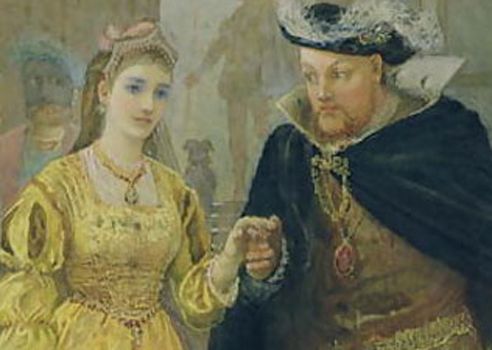Reading time: Less than 1 minute
Increase your vocabulary and you’ll make your writing much more precise. That’s why I provide a word of the week. Today’s word: mesallinace….
Craig Brown’s book, Ninety-Nine Glimpses of Princess Margaret, is enormous fun, even for people who aren’t fans of the royals.
A kind of a meditation on the art — and limitations — of biography, the book turns the genre on its head by providing alternative scenarios and by debating which of several competing accounts of the same story might be true.
The book is not only splendidly written, it also gave me a word of the week, mesalliance. Here’s how Brown employed it, using a quotation from the noted English writer Evelyn Waugh:
Like all loyal subjects of the monarchy, I am appalled by the proposed mesalliance.
Although I had never before encountered the term, I could identify the word “alliance” contained within and from the context I knew it had to do with Princess Margaret’s desired marriage to Peter Townsend.
Specifically, the term refers to a marriage with a person thought to be unsuitable or of a lower social position. (In Townsend’s case, he was divorced and therefore considered unsuitable for the sister of the head of the Church of England.)
The etymology of the word is French. In fact, although the Princess Margaret book did not show it, the first E should have an acute accent on it, like this: més. Use of the word dates back to 1782, and the més, considered a pejorative, corresponds with mis (as in mis-alliance or mistake) in Latin.
Use of the word peaked in about 1895, presumably when our society was much more concerned about who married whom that it seems to be today.
The image at the top of this post shows Anne Boleyn with Henry VII. Surely a misalliance, mesalliance or mésalliance if ever there was one!
An earlier version of this post first appeared on my blog on July 17/19.


